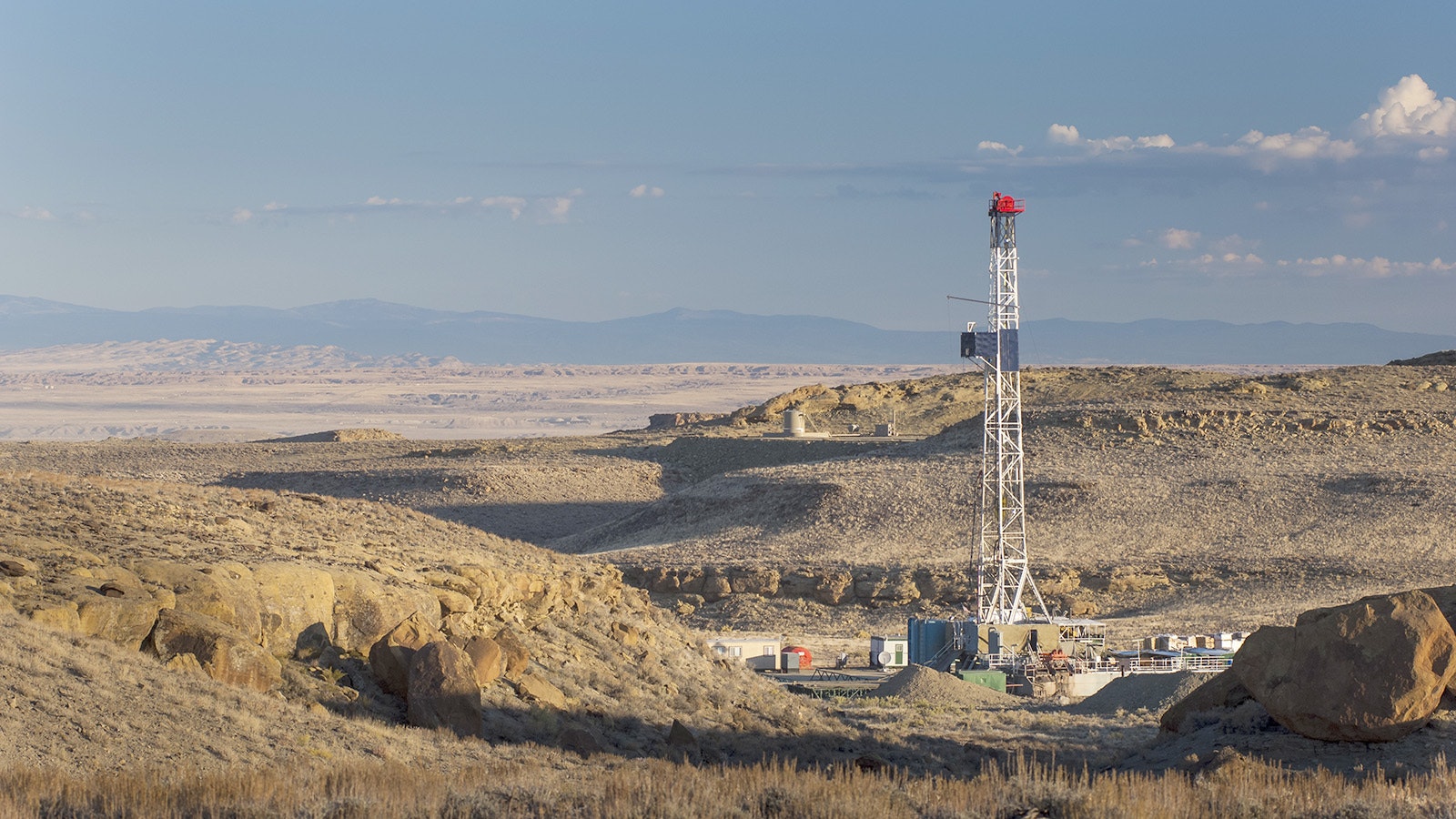A federal judge has told the Bureau of Land Management to temporarily halt issuing new oil and gas drilling permits on nearly 120,000 acres of public land in Wyoming until after a review of environmental impacts is completed by mid-January.
The July 16 decision by U.S. District Judge Christopher Cooper in Washington, D.C., is the result of a need to reassess the environmental impacts associated with a controversial lease sale held by BLM’s Wyoming office in June 2022.
Cooper didn't toss out the leases entirely, but any permitting on those leases has paused for six months while BLM conducts its own environmental review of the land won for lease in the 2022 auction by several energy companies, according to a copy of Cooper’s ruling.
Ryan McConnaughey, a spokesman for the Petroleum Association of Wyoming, said that the ruling turned out to be a “good one” for the industry because conservation groups that challenged the lease sales in the 2022 auction wanted them tossed out completely.
Cooper ruled that this wasn’t necessary because several of the environmental assessments related to sage grouse, mule deer and groundwater protections were “minor technical issues” that were easy to overcome.
“These leases could provide significant revenues over the lifetime of the wells if they are drilled,” said McConnaughey of royalties and other fees that the state could collect from the drilling.
Cooper’s ruling comes on the heels of his March verdict, which found that the BLM had not adhered to the National Environmental Policy Act when it decided to auction the land for oil and gas development over two years ago.
NEPA is a cornerstone environmental law that requires federal agencies to assess the environmental effects of their proposed actions prior to making decisions.
Siding With Wilderness Society
In siding with the Denver-based conservation group Wilderness Society and other organizations who brought the lawsuit against the BLM, Cooper highlighted that the federal lands management agency had not properly evaluated the potential environmental impacts of future drilling activities.
Cooper found that the agency failed to adequately explain how it considered the potential climate harms resulting from “greenhouse gas emissions produced by drilling operations.”
The conservation groups raised several challenges under NEPA and the Administrative Procedure Act to BLM’s assessment of the “foreseeable environmental impacts of future drilling on the leased parcels and explaining its decision to authorize a lease sale of this magnitude in light of its own estimates of the steep social costs from the projected greenhouse gas emissions,” according to the judge’s ruling.
The conservation groups said that BLM did not perform a “sufficiently granular analysis of impacts to groundwater and ignored the proven possibility that inadequate well casing or hydraulic fracturing near usable water sources may cause contamination,” according to the ruling.
Fracking involves fracturing formations in bedrock with a pressurized liquid to tap natural gas and oil deposits deep below the earth’s surface.
Cooper wrote that the BLM can’t approve new drilling permits on these leased parcels or authorize new “surface disturbing activities” until it completes its environmental review of the land by mid-January 2025.
The 120,000 acres that energy companies bid on in the 2022 auction are located in the obvious BLM territories throughout Wyoming, including the southwestern part of the state near Rock Springs, south of Pinedale in Sublette County and in the Powder River Basin area in Campbell and Converse counties.
Pat Maio can be reached at pat@cowboystatedaily.com.





